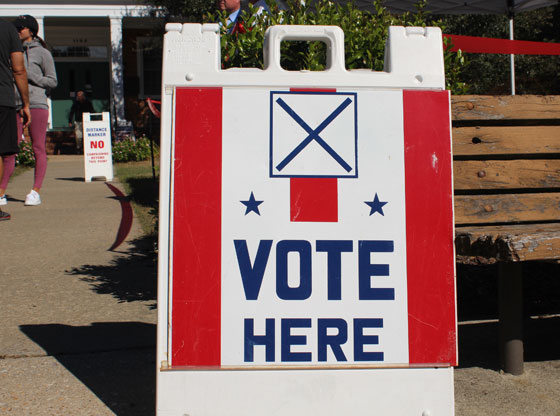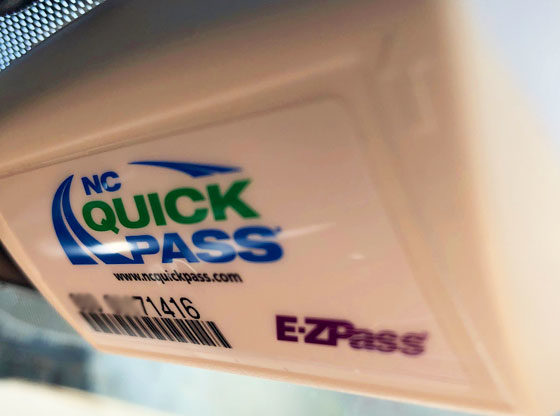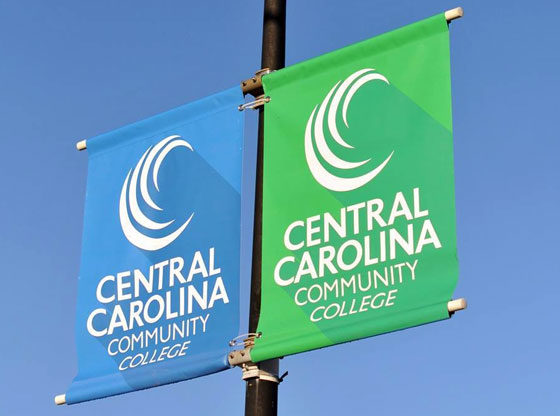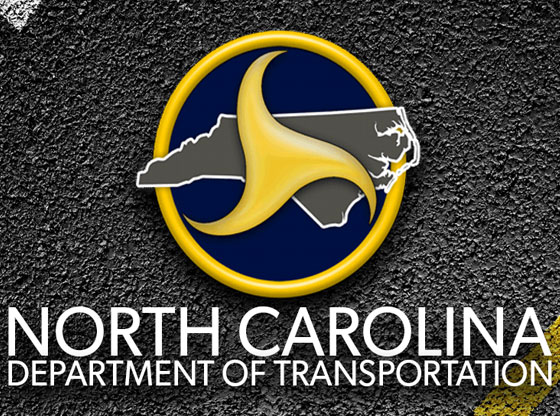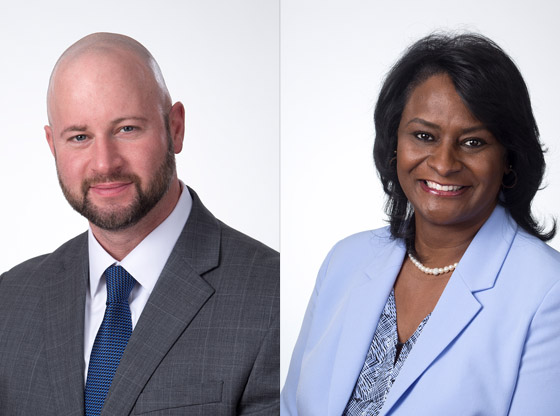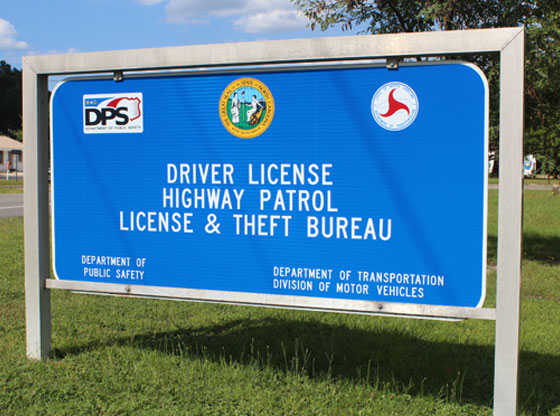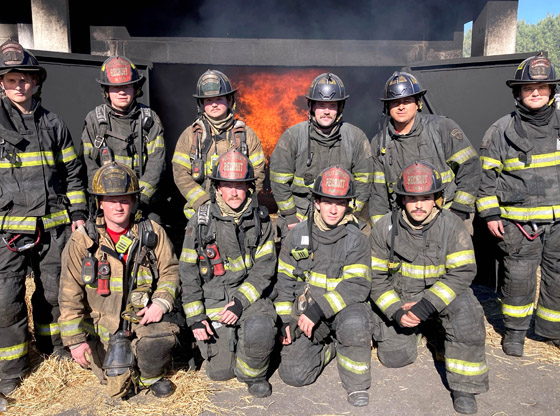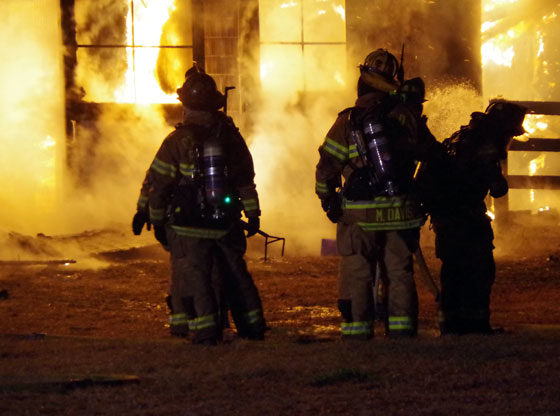Legislation delaying municipal elections for offices elected by district until 2022 became law on Monday. Under Session Law 2021-56, more than 30 municipalities across North Carolina will delay elections originally scheduled for later this year.
The delay will allow these municipalities to consider revising their electoral districts based on new population numbers from the 2020 U.S. Census.
“City, town, and village elections not affected by this law will go on as planned later this year,” said Karen Brinson Bell, executive director of the NC State Board of Elections. “The State Board and county boards are hard at work preparing for the upcoming candidate filing periods and elections.”
Municipal elections are delayed until 2022 in the following cities and towns (county):
Town of Ahoskie (Hertford)
Town of Cary (Chatham, Wake)
City of Charlotte (Mecklenburg)
City of Clinton (Sampson)
Town of Edenton (Chowan)
City of Elizabeth City (Camden, Pasquotank)
Town of Enfield (Halifax)
Town of Erwin (Harnett)
City of Fayetteville (Cumberland)
City of Greensboro (Guilford)
City of Greenville (Pitt)
City of Henderson (Vance)
City of Hickory (Burke, Catawba)
City of Jacksonville (Onslow)
City of Kings Mountain (Cleveland, Gaston)
City of Laurinburg (Scotland)
City of Lexington (Davidson)
Town of Long View (Burke, Catawba)
City of Lumberton (Robeson)
Town of Mooresville (Iredell)
Town of Mount Olive (Duplin, Wayne)
City of New Bern (Craven)
Town of Plymouth (Washington)
Town of Princeville (Edgecombe)
City of Raleigh (Wake, Durham)
City of Roanoke Rapids (Halifax)
City of Rocky Mount (Edgecombe, Nash)
City of Sanford (Lee)
Town of Siler City (Chatham)
Town of Smithfield (Johnston)
Town of St. Pauls (Robeson)
City of Statesville (Iredell)
Town of Tarboro (Edgecombe)
City of Whiteville (Columbus)
City of Wilson (Wilson)
Under the new law, terms of mayors and council members in the affected municipalities will be extended until their successors are elected in 2022.
The law allows a municipality to keep any regularly scheduled at-large elections in 2021 if it notifies the county board of elections of this decision by July 19, 2021.
Raleigh Elections
The law establishes that municipal elections in the city of Raleigh will be held in even-numbered years going forward. Raleigh’s 2022 municipal election will be held on November 8, 2022. Candidate filing begins at noon on July 1, 2022, and ends at noon on July 15, 2022. The law requires the city to adopt new electoral districts by March 31, 2022.
Additional Changes
The law also would reschedule the Charlotte-Mecklenburg Schools Board of Education and Lexington City Schools Board of Education elections to 2022 if those boards of education do not receive 2020 census data by July 19, 2021.
Updated Election Schedule
Candidate filing periods for the delayed elections will be held either in December 2021 or January 2022, depending on when each municipality completes the redrawing of its districts.
If a municipality provides revised districts by November 17, the filing period for the 2022 elections will begin at noon December 6, 2021, and end at noon December 17, 2021.
If an affected municipality cannot adopt a new redistricting plan by November 17, the county board of elections can delay the filing period for that municipality to noon January 3, 2022, through noon January 7, 2022.
Elections in these municipalities are rescheduled accordingly:
Partisan primary and election method:
Primary on March 8, 2022
No second primary in 2022
General election on April 26, 2022, or May 17, 2022 if a federal second primary is held
Affected municipalities:
Charlotte (Mecklenburg)
Sanford (Lee)
Nonpartisan primary and election method:
Primary on March 8, 2022
General election on April 26, 2022, or May 17, 2022 if a federal second primary is held
Affected municipalities:
Fayetteville (Cumberland)
Greensboro (Guilford)
Hickory (Burke, Catawba)
Mooresville (Iredell)
Nonpartisan plurality method:
General election on March 8, 2022
Affected municipalities:
Ahoskie (Hertford)
Clinton (Sampson)
Edenton (Chowan)
Enfield (Halifax)
Greenville (Pitt)
Jacksonville (Onslow)
Kings Mountain (Cleveland, Gaston)
Laurinburg (Scotland)
Lexington (Davidson)
Long View (Burke, Catawba)
Lumberton (Robeson)
Mount Olive (Duplin/Wayne)
Plymouth (Washington)
Princeville (Edgecombe)
Roanoke Rapids (Halifax)
Siler City (Chatham)
Smithfield (Johnston)
St. Pauls (Robeson)
Tarboro (Edgecombe)
Whiteville (Columbus)
Wilson (Wilson)
Election and runoff method:
Election on March 8, 2022
Runoff on April 26, 2022, or May 17, 2022 if a federal second primary is held
Affected municipalities:
Cary (Chatham, Wake)
Elizabeth City (Camden, Pasquotank)
Erwin (Harnett)
Henderson (Vance)
New Bern (Craven)
Rocky Mount (Edgecombe, Nash)
Statesville (Iredell)
Plurality elections for the Charlotte-Mecklenburg Board of Education, Lexington City Board of Education, and city of Raleigh will be held on the date of the general election, November 8, 2022.
For 2022 only, the law removes the prohibition on voter registration between the first and second primaries. Eligible voters who register after the date of the first primary may vote in the second primary. Voters may not change their party affiliation between the first and second primary.
Contributed.


